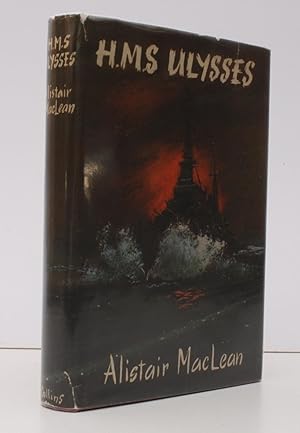

Any failure in the long chain of events carried out in a ship's organisation - from the cooks on the mess deck, to the oiler exiled to the remote shaft alley - means catastrophic failure of the whole not just a portion of the crew. Primary is the fact that while in ground or air combat individual error is regrettable and damaging, at sea the same magnitude of error is most often disastrous. And he uses this interactive technique to make some essential points about the unique character of naval warfare, at least as far as such warfare used to be carried out. Risky because if the author isn't skilful enough, the result is a sort of stilted psycho-drama without inherent narrative drive or interest.įorester, of course, is more than skilled enough to pull it off. Another, far more risky and the technique used in The Ship, is to narrate the interactions among men while they work out these interactions during a single engagement. One, used by Forester so successfully in his Hornblower books, is to follow the career of an individual through personal conflict and trials of battle. There are only a few ways by which to fictionalise military experience. So, while entirely obsolete as topical fiction, it is nevertheless a significant literary document. Published in the middle of WWII, The Ship is simultaneously an adventure, a philosophy of naval warfare and a statement of a new world order packaged in a short novel.


 0 kommentar(er)
0 kommentar(er)
